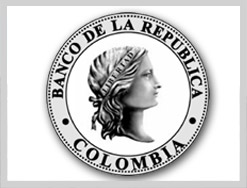
Lo sentimos...
...Tu actividad y comportamiento nos hace pensar que eres un bot.
- No estamos procesando tu solicitud para proteger este sitio web.
- Si piensas que es un error por favor contáctanos copiando el "Incident ID"

...Tu actividad y comportamiento nos hace pensar que eres un bot.